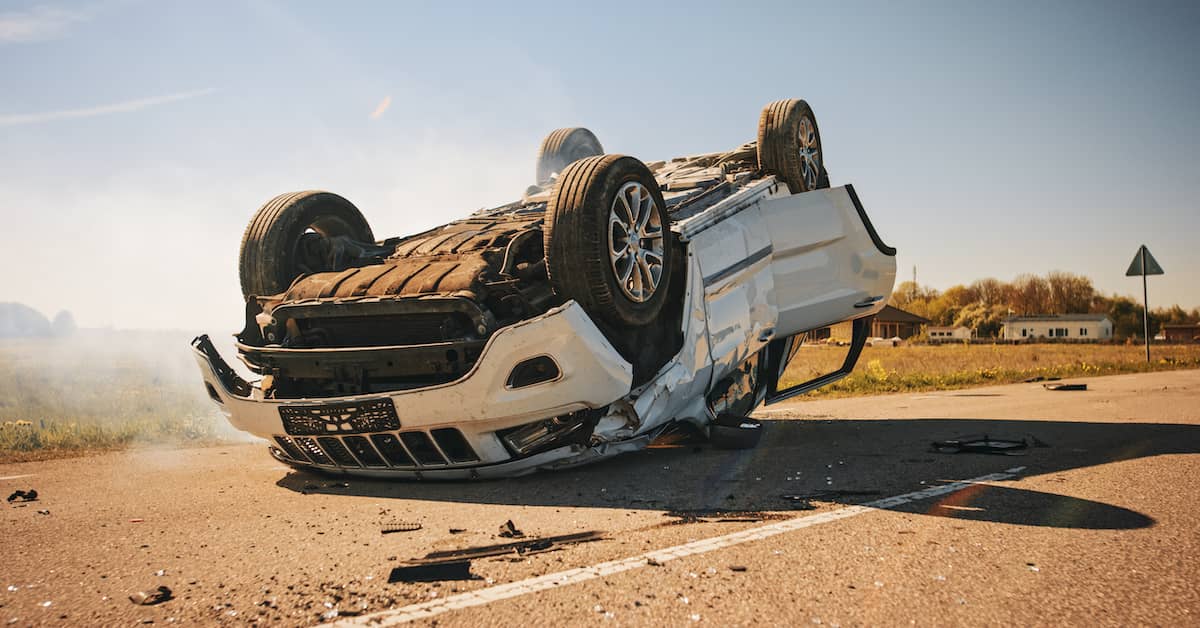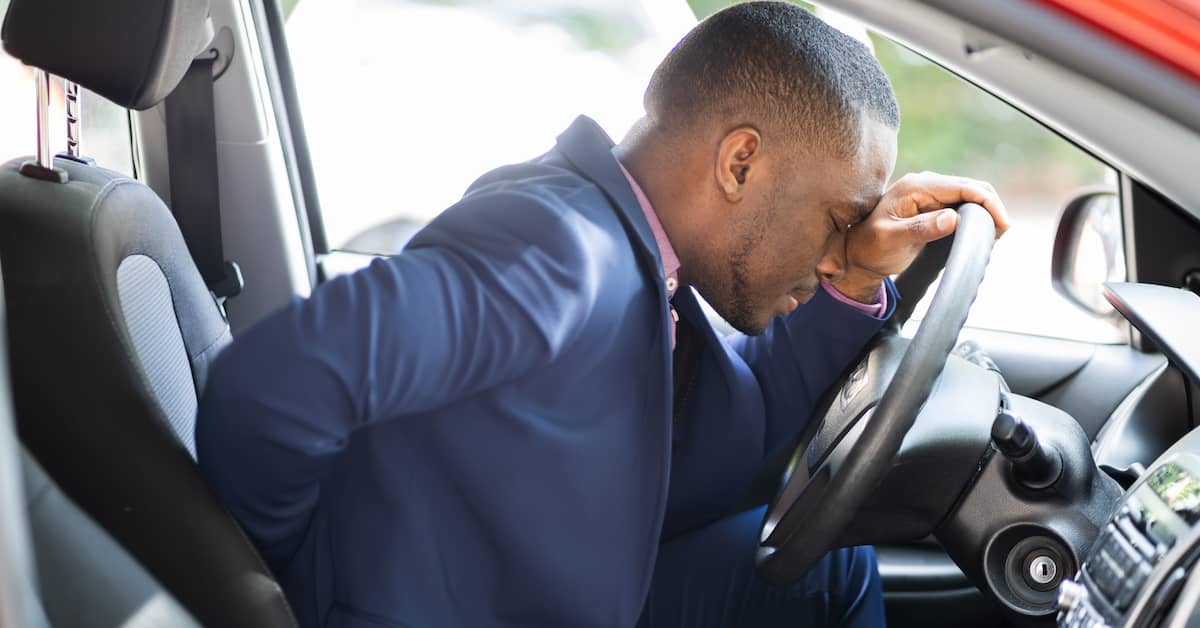What Is the Most Common Cause of Rollover Accidents?
Rollover accidents are extremely dangerous. While these accidents are relatively rare—accounting for just about 3% of all serious car accidents—they account for approximately 30% of roadway fatalities.
As a result, understanding the causes of these accidents is important. Not only can understanding the most common causes of rollover accidents help drivers avoid these accidents in the future, but determining the cause of an accident is also essential for protecting injured drivers, passengers, and family members’ legal rights.
So, why do these accidents happen?
IIHS: More Than Three-Quarters of All Rollover Accidents Involve a Collision
According to the Insurance Institute for Highway Safety (IIHS), 76% of all rollover accidents are the result of a collision. Thus, collisions are the single most common cause of rollover accidents. While modern cars, trucks, and SUVs are designed to prevent rollovers in most scenarios, there are still various circumstances in which a vehicle-on-vehicle collision can cause one of the vehicles involved in the collision to roll over.
Common Factors in Collisions Resulting in Rollover Accidents
Since collisions are the leading cause of rollover accidents, it is important to understand what factors are most likely to cause a car, truck, or SUV to roll over after being hit. According to the IIHS, Consumer Reports, and various other sources, these factors are:
1. Speed
According to Consumer Reports, “[a]bout 40 percent of fatal rollovers involve excessive speed.” Consumer Reports also notes that nearly three-quarters of all fatal rollovers occur on rural roads with speed limits of 55 mph or higher, and that these roads, “tend[] to be undivided highways without barriers.”
The faster a vehicle is traveling, the more force it will impose on another vehicle in the event of a collision. Greater forces increase the risk of a rollover. Additionally, when collisions occur at high speeds, drivers are more likely to lose control, and this increases the risk of their vehicles turning sideways and then subsequently rolling over.
2. Distractions
Distracted driving is a leading cause of all types of car accidents, rollover accidents included. When drivers are paying attention to their phones, passengers, or navigation screens instead of the road ahead, they are far more likely to cause serious collisions. When these collisions occur at high speed or involve other factors on this list, there is a significant risk that one or both vehicles will roll over.
3. Alcohol Impairment
Similar to driving while distracted, driving while impaired also increases the risk of an accident substantially. Since drivers who are drunk are less capable of maintaining control of their vehicles, there is a high risk not only that they will cause a collision, but also that they will cause a collision that has the potential to result in a rollover.
4. Road Hazards and Rollover Risks
Road hazards are common factors in rollover accidents as well. Gravel and debris in the roadway, poorly marked construction zones, sharp curves, and other hazards can all lead to rollover accidents.
Other aspects of a road’s design or construction can lead to rollovers as well. For example, if a road has a curb running along the side or has a low shoulder, this can cause a vehicle to tip and roll over after being hit or losing control. Signs that obstruct drivers’ vision, poorly timed stop lights, and other issues can also increase the risk of T-bone accidents, which are among the types of accidents most likely to result in rollovers.
5. Vehicle-Related Issues
When auto manufacturers first introduced SUVs to the public, many of these SUVs presented high risks for rollovers. This was due to their engines being placed high above the ground. With a high center of gravity, early SUVs were among the vehicles most likely to roll over in the event of a collision or a single-vehicle accident.
While this is less of a concern with modern SUVs and other vehicles, various other types of vehicle defects can still trigger rollover accidents. For example, vehicles with roof racks can still have high centers of gravity when carrying substantial loads, and some tires have so much grip that they actually increase the risk of a rollover when a vehicle goes sideways. Brake failures, accelerator malfunctions, tire blowouts, and various other vehicle-related issues can lead to rollover accidents as well.
Contact an Orlando Car Accident Lawyer for Free
If you have been seriously injured or lost a loved one in a rollover accident in Florida, an Orlando car accident lawyer at Colling Gilbert Wright can help. Our trusted team of experienced attorneys can help you seek the justice and financial compensation you deserve.
See what our clients say about us.
To get started with a FREE, no-obligation consultation at our Orlando law offices, please call (800) 766-1000 or tell us how we can reach you online today.

 (407) 712-7300
(407) 712-7300
































